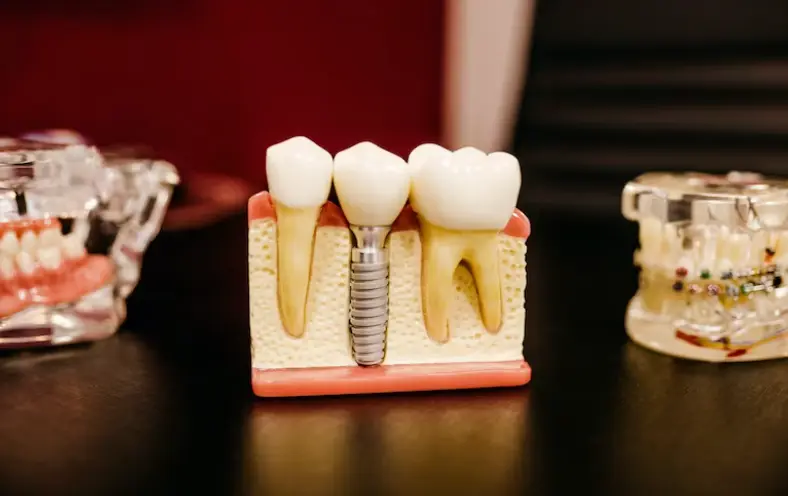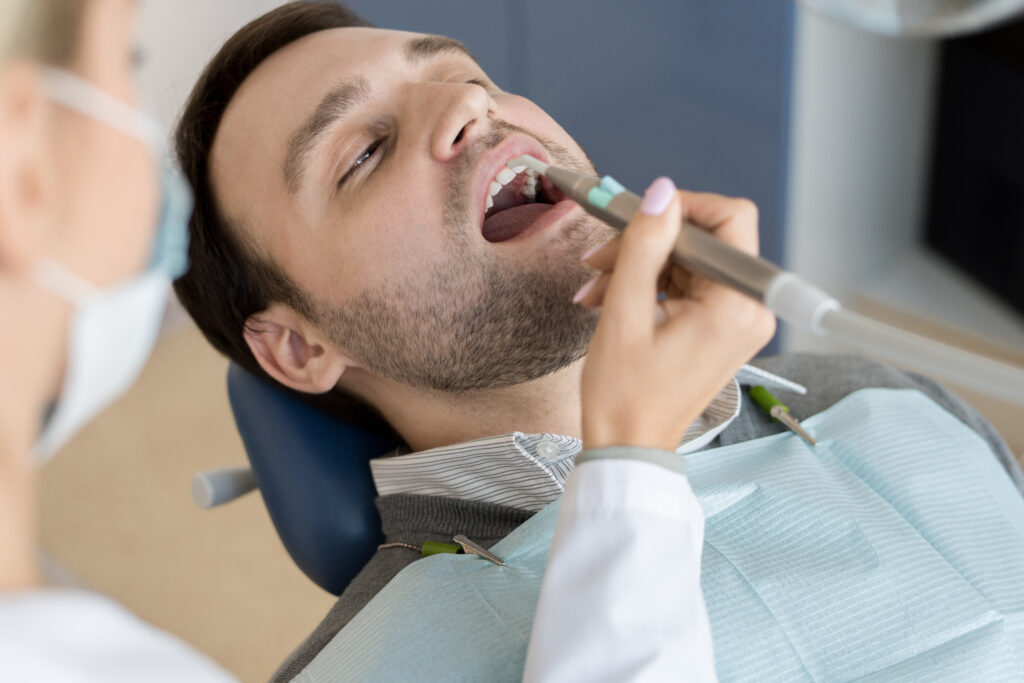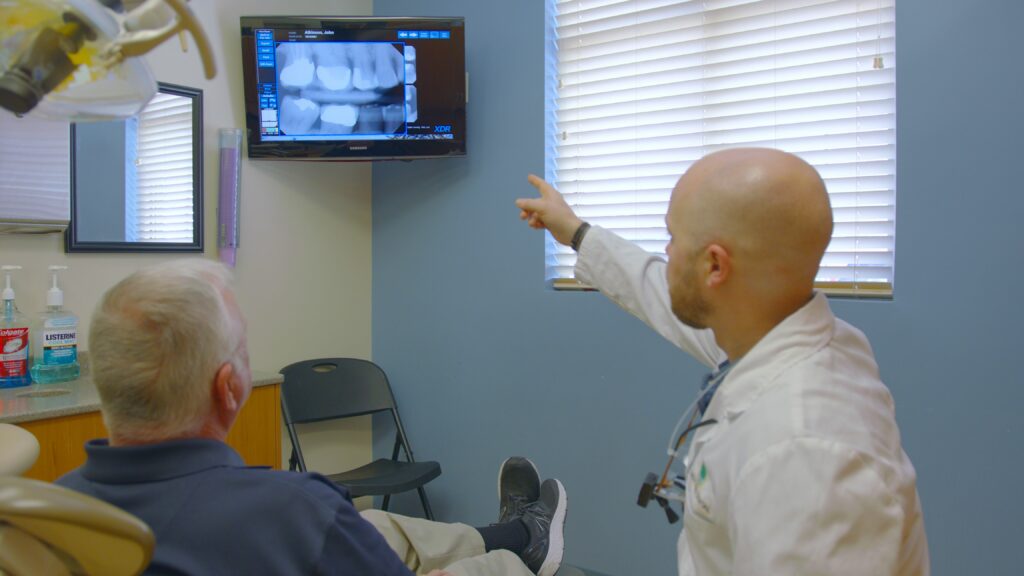A root canal procedure is often a necessary dental treatment to save a severely damaged or infected tooth. But how long does it take for a root canal to heal? The healing process can vary from person to person and depends on several factors.
To understand this better, let’s first grasp what a root canal does. During this dental procedure, the dentist removes the infected or damaged part inside the tooth, cleans it, and then seals it up. This is done to stop the infection, save the tooth, and get rid of the pain that often comes with these problems.
The initial healing phase after a root canal typically lasts a few days to a couple of weeks. During this time, you may experience some discomfort or mild pain, which is usually manageable with over-the-counter pain medications. However, complete healing of the tooth and surrounding tissues can take several months. The success of the healing process is also influenced by factors such as your overall health, the complexity of the root canal, and how well you follow post-operative care instructions.

How Can I Make My Root Canal Heal Faster?
While the speed of healing after a root canal is somewhat beyond your control, there are steps you can take to promote a faster and smoother recovery. First and foremost, adhere to your dentist’s post-operative instructions diligently. This typically includes taking any prescribed medications, avoiding hard or crunchy foods, and practicing good oral hygiene.
Maintaining a healthy lifestyle can also aid in faster healing. Eating a balanced diet rich in vitamins and minerals supports your body’s ability to repair tissues. Additionally, staying hydrated can expedite the healing process. Finally, managing stress through relaxation techniques like meditation can indirectly contribute to quicker healing by reducing inflammation in the body.
How Soon Can I Eat After Root Canal?
After a root canal procedure, it’s essential to be cautious about what you eat and when you eat it. In the immediate aftermath of the treatment, your mouth may still be numb from the local anesthesia. It’s crucial to wait until the numbness wears off completely before attempting to eat. This prevents the risk of accidentally biting your cheek, tongue, or lips.
Your dentist will likely recommend avoiding hard or crunchy foods for a few days to a week after the procedure to prevent any damage to the treated tooth. Stick to soft foods like yogurt, mashed potatoes, and soups during this time. As your healing progresses, you can gradually reintroduce a normal diet, but always follow your dentist’s specific dietary guidelines to ensure a smooth recovery.

How Long Will The Pain Last After A Root Canal?
Pain after a root canal is a common concern, but it’s usually temporary and manageable. In the days immediately following the procedure, you may experience some discomfort or mild pain. This is often the result of inflammation in the surrounding tissues. Over-the-counter pain relievers prescribed by your dentist can help alleviate this discomfort.
However, if you experience severe or prolonged pain, it’s essential to contact your dentist. This could be a sign of a complication such as infection or improper sealing of the tooth. In most cases, though, any discomfort should gradually subside over the course of a few days to a couple of weeks as the healing process continues.
Conclusion
In conclusion, the journey to complete healing after a root canal is a unique experience for each individual, influenced by various factors such as overall health and the complexity of the procedure. While the initial discomfort typically subsides within a few days to a couple of weeks, achieving full recovery may extend over several months. Throughout this process, patient compliance with post-operative care instructions is paramount. This includes faithfully taking prescribed medications, practicing good oral hygiene, and adhering to dietary guidelines to protect the treated tooth.
It’s important to remember that, although some discomfort and mild pain are expected, they are usually manageable. However, any persistent or severe pain should be promptly addressed with your dentist, as it may indicate an issue that requires attention. Root canals are highly effective procedures for saving teeth and alleviating pain caused by infection or damage. With proper care and attention, your root canal should lead to successful healing, allowing you to preserve your natural tooth and maintain optimal oral health for years to come.
Feel free to reach out to us for a consultation today, and our experienced team will be happy to discuss your specific dental needs. We’re just a phone call away, ready to provide you with personalized guidance and solutions.







